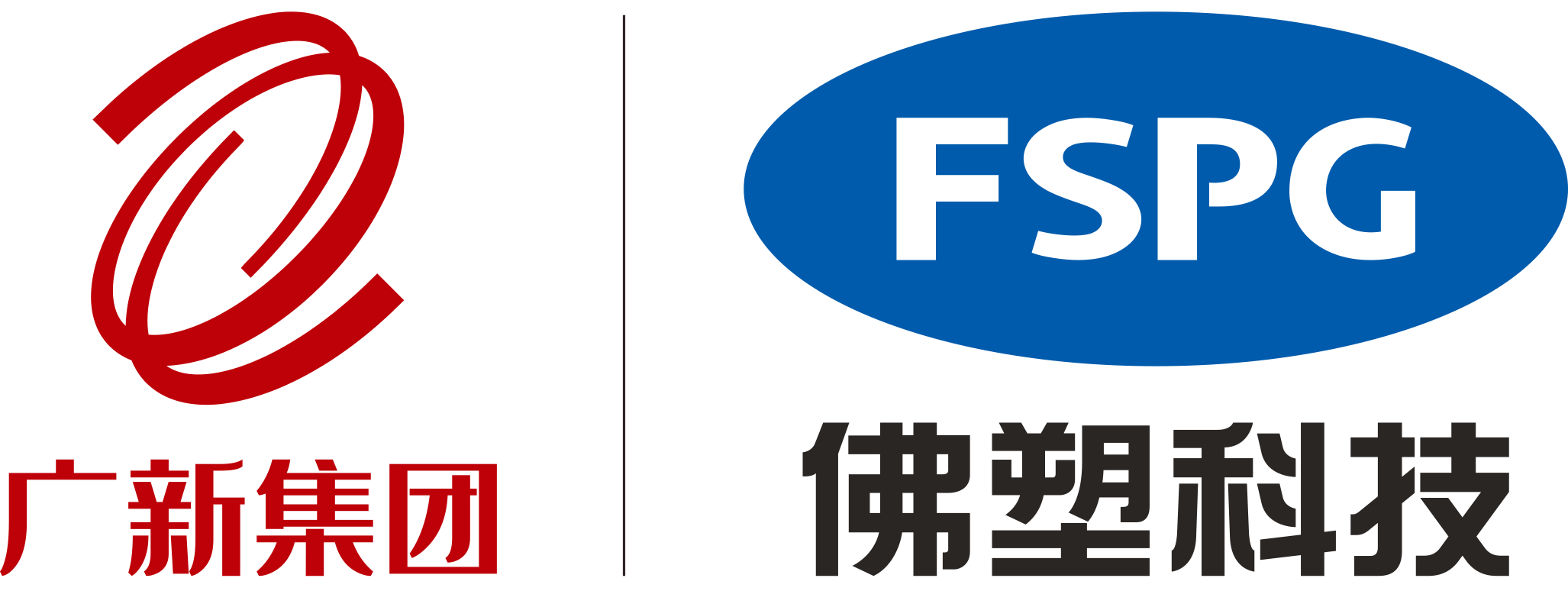FSPG
3907691000
Polymer electrolyte film is utilized to cut PEN chips into thin sections, allowing for easy observation and analysis under a transmission electron microscope (TEM) or a scanning electron microscope (SEM). This technique avoids any physical or chemical damage that may occur during the traditional slicing process. PEN slicing technology is crucial in the fields of materials science, biomedicine, and nanotechnology.
| intrinstic viscosity | melting point | carboxyl | function | application |
| 0.5-1.0dl/g | ≥268℃ | ≤30mmol/kg | Compared with PET, it has higher physical and mechanical properties, gas barrier, chemical stability, UV resistance, radiation resistance and oligomer precipitation | used for beer bottles, medicine bottles, industrial silk, hoses, strips, advanced magnetic materials, flexible printed circuit boards, capacitance films, Class F insulation films, automotive sensors, etc |
PEN chips possess exceptional strength and heat resistance, making them suitable for high temperature applications where stability is crucial.
These chips also exhibit excellent electrical insulation properties, making them ideal for use as insulation layers in electronic components to shield circuits from external electric field interference.
Furthermore, PEN chips are highly resistant to various chemicals and maintain stability in different chemical environments. They have a low water absorption rate and minimal permeability, ensuring stability even in humid conditions.
What sets PEN apart from PET is its superior physical and mechanical properties, gas barrier capabilities, chemical stability, resistance to UV radiation, resistance to radiation, and the prevention of oligomer precipitation.
The PEN cutting-edge technology has found extensive applications in both scientific research and industrial sectors. It is particularly valuable in the field of materials science, where it enables the examination of the microstructure and arrangement of various materials. By analyzing samples that have been sliced, researchers can gain insights into the crystal structure, crystal boundaries, and precipitation phases.
Moreover, the technology has proven highly beneficial in the production of electronic circuit boards, insulation layers for electronic components, and packaging materials. These applications benefit from PEN's exceptional electrical insulation capabilities and resistance to high temperatures.
Furthermore, PEN chips have found their way into a wide range of products, including beer bottles, medicine bottles, industrial wires, hose tubes, hoses, advanced magnetic materials, flexible printed circuit boards, capacitance films, F-class insulating films, and automotive sensors.
Polymer electrolyte film is utilized to cut PEN chips into thin sections, allowing for easy observation and analysis under a transmission electron microscope (TEM) or a scanning electron microscope (SEM). This technique avoids any physical or chemical damage that may occur during the traditional slicing process. PEN slicing technology is crucial in the fields of materials science, biomedicine, and nanotechnology.
| intrinstic viscosity | melting point | carboxyl | function | application |
| 0.5-1.0dl/g | ≥268℃ | ≤30mmol/kg | Compared with PET, it has higher physical and mechanical properties, gas barrier, chemical stability, UV resistance, radiation resistance and oligomer precipitation | used for beer bottles, medicine bottles, industrial silk, hoses, strips, advanced magnetic materials, flexible printed circuit boards, capacitance films, Class F insulation films, automotive sensors, etc |
PEN chips possess exceptional strength and heat resistance, making them suitable for high temperature applications where stability is crucial.
These chips also exhibit excellent electrical insulation properties, making them ideal for use as insulation layers in electronic components to shield circuits from external electric field interference.
Furthermore, PEN chips are highly resistant to various chemicals and maintain stability in different chemical environments. They have a low water absorption rate and minimal permeability, ensuring stability even in humid conditions.
What sets PEN apart from PET is its superior physical and mechanical properties, gas barrier capabilities, chemical stability, resistance to UV radiation, resistance to radiation, and the prevention of oligomer precipitation.
The PEN cutting-edge technology has found extensive applications in both scientific research and industrial sectors. It is particularly valuable in the field of materials science, where it enables the examination of the microstructure and arrangement of various materials. By analyzing samples that have been sliced, researchers can gain insights into the crystal structure, crystal boundaries, and precipitation phases.
Moreover, the technology has proven highly beneficial in the production of electronic circuit boards, insulation layers for electronic components, and packaging materials. These applications benefit from PEN's exceptional electrical insulation capabilities and resistance to high temperatures.
Furthermore, PEN chips have found their way into a wide range of products, including beer bottles, medicine bottles, industrial wires, hose tubes, hoses, advanced magnetic materials, flexible printed circuit boards, capacitance films, F-class insulating films, and automotive sensors.
Home | Products | Green Product | Contact Us | Sitemap | Privacy Policy
